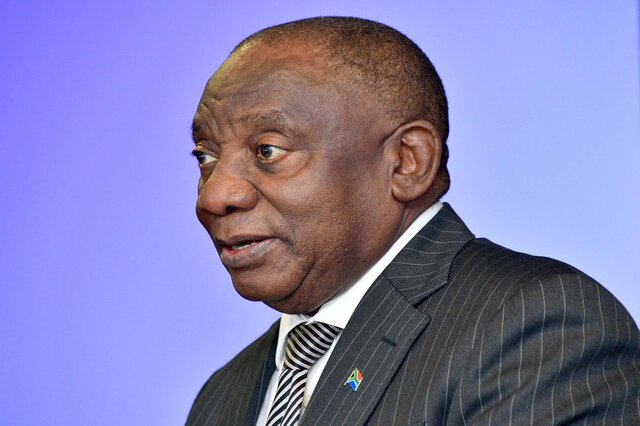Cape Town — President Cyril Ramaphosa has said that the new National Health Insurance (NHI) Bill would not spell the end for private healthcare, but instead is aimed at building one sustainable healthcare system.
In a statement, Ramaphosa said the NHI Fund will ensure South Africans can make use of services from accredited public and private healthcare providers, SA Gov News reported.
“The NHI will be a lifeline for millions of poor South Africans whose resources will be freed up for other essential needs. It will also alleviate the burden on those who are increasingly paying more in medical aid premiums for increasingly fewer services,” he said.
Ramaphosa praised the country’s private healthcare sector as a big source of development and investment and he also praised the public sector for its well-trained staff. He said the current healthcare system is not sustainable.
“Access to quality, decent healthcare should not depend on one’s ability to pay. The current situation does not serve the poor, does not serve the middle class and does not serve the country.” he said.
Access to quality, decent healthcare should not depend on one’s ability to pay. The current situation does not serve the poor, does not serve the middle-class and does not serve the country.https://t.co/UmahOrVoZ9 pic.twitter.com/M79gArQMF5
— Cyril Ramaphosa 🇿🇦 (@CyrilRamaphosa) May 20, 2024
‘
Ramaphosa revealed that 84% of South Africans use public health facilities, with 16% are covered by medical schemes. Ramaphosa believes it has perpetuated inequality and said healthcare should not be dictated by ability to pay funds.
“This runs contrary to our aspiration to be a society that is just and equal. We have said that the challenge in implementing NHI lies not in the lack of funds but in the misallocation of resources that currently favour the private health sector at the expense of public health needs.” he added.
Ramaphosa added that the state does not contribute to the private healthcare sector but it is responsible for training healthcare personnel in both sectors and subsidies for employees who are members of various public sector medical aid schemes.
“The resources that are spent both by the state and private individuals can, therefore, be more efficiently used to build a single, unitary health care system that serves all.” he concluded.
Follow African Insider on Facebook, Twitter and Instagram
Picture: X/@PresidencyZA
For more African news, visit Africaninsider.com
Compiled by Matthew Petersen


